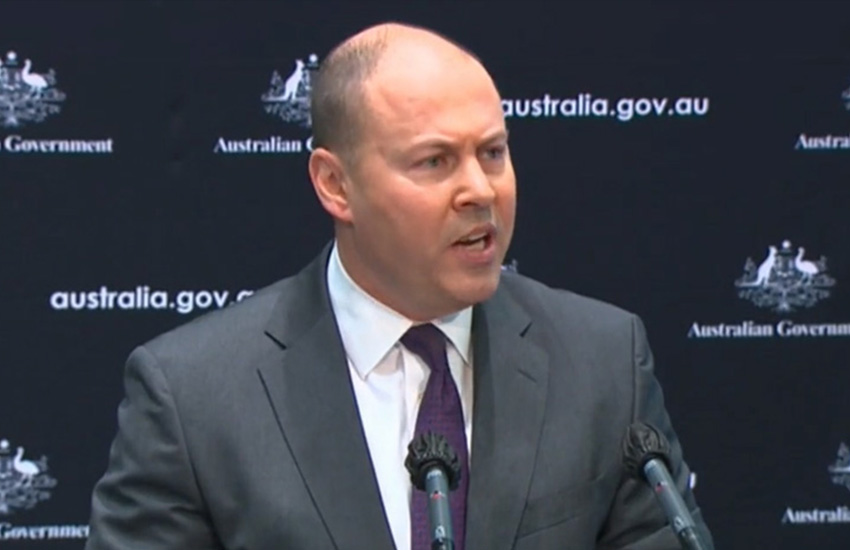CGT exemptions set to apply to granny flat arrangements
TaxAustralian families looking to care for elderly parents through granny flat arrangements will now be granted a capital gains tax exemption.

Treasurer Josh Frydenberg has announced a targeted CGT exemption for the creation, variation or termination of a formal written granny flat arrangement providing accommodation for older Australians or people with disabilities.
Announced ahead of the federal budget on Tuesday, the new measure is set to commence on 1 July 2021, provided legislation passes Parliament.
The new measure will address CGT consequences that form a key impediment to families creating formal and legally enforceable granny flat arrangements.
“When faced with a potentially significant CGT liability, families may opt for informal arrangements which can leave open the risk of financial abuse and exploitation, for example, following a family or relationship breakdown,” Mr Frydenberg said.
The government expects the CGT exemption to cover 3.9 million pensioners and 4 million Australians with a disability.
The CGT exemption will not apply to commercial rent arrangements.
The change comes after the Board of Taxation completed its review of the tax treatment of granny flat arrangements late last year, recommending that the government provide an exemption for all CGT events that are hypothetically capable of applying to granny flat arrangements.
Tax & Super Australia tax counsel John Jeffreys is hoping the budget announcement will contain further details on the wide range of arrangements that can apply to granny flats.
He also noted that the exemption would be a beneficial outcome for families looking to dispose of their property down the track.
“Granny flats enable a family to care for an older or disabled family members. Yet building this second dwelling usually increases the overall value of the family’s home (their main residence) and, along with the rent gained from the relative living in the flat, the family then has to pay capital gains tax on this gain if they later sell their home,” Mr Jeffreys said.
“The existing situation where these dwellings attract CGT has often been considered a bit tough, because the rent is being transferred between family members rather than through a business. So, when CGT applies when the property is eventually sold, there is no net gain to the family.
“In the past, the tax consequences have also encouraged people to stop charging rent, or put informal arrangements in place, with the idea that ‘catch-up’ payments will be made from the older family member’s estate when they die.
“This exemption will encourage people to build granny flats and keep older and disabled family members closer, without having to consider the potential adverse tax consequences of doing this.”




